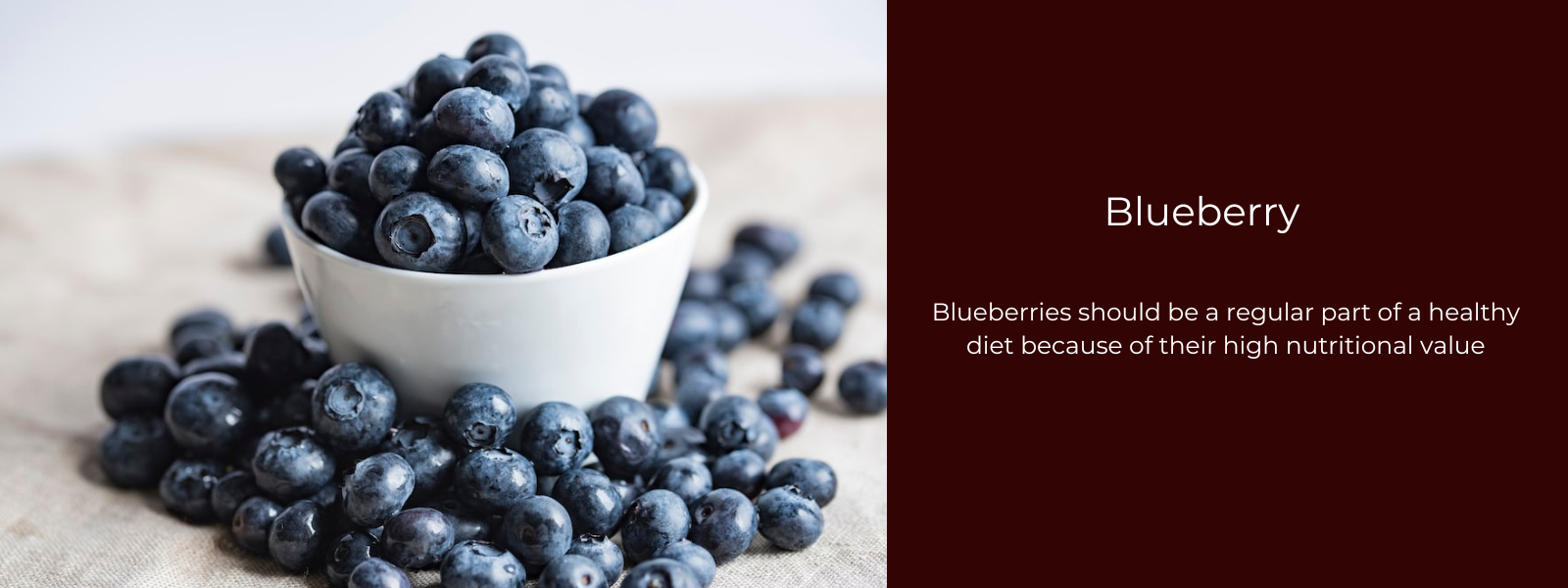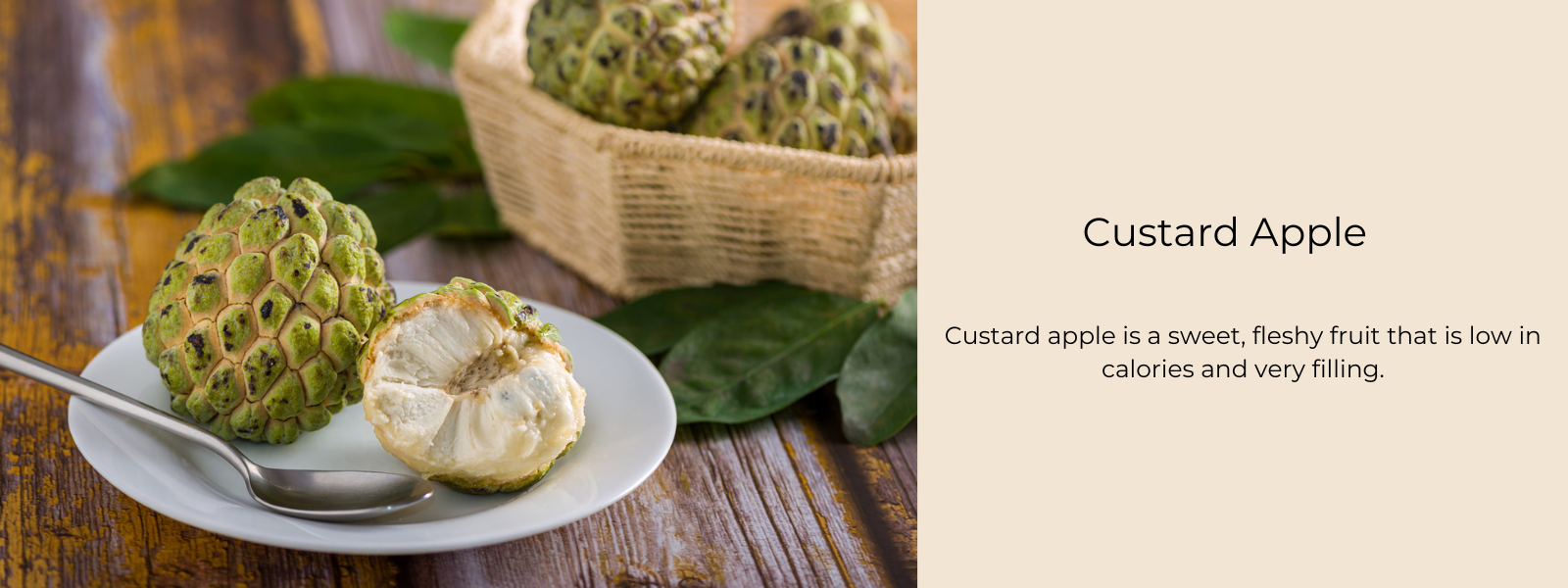Whether you prefer them sweet or sour, these dark red fruits are good for you. Cherries have few calories and are full of fibre, vitamins, minerals, nutrients, and other things that are good for you. You'll get vitamins C, A, and K. Each fruit with a long stem has potassium, magnesium, and calcium in it. They also bring in important nutrients like beta-carotene and choline. These bright red fruits have a great mix of sweet and sour tastes, and give your desserts just the right amount of colour. Cherries can be eaten straight out of the package, or they can be used to make things like cakes, tarts, pies, and cheesecakes. They are a great way to top a bowl of yoghurt or cereal in the morning.
Table of Contents
What are cherries?
The scientific name for cherry is Prunus. It is a member of the Rosaceae family. It is found in many temperate northern areas, like western Asia and Europe. Prunus has two types: the sweet cherry (P. avium) and the tart cherry (P. (P. cerasus). The sweet cherry is a big, black fruit, while the tart cherry comes from the Montmorency varieties.
Cherries are very low in calories and have a lot of healthy nutrients. Cherries also have a lot of bioactive substances in them, like vitamin C, potassium, carotenoids, anthocyanins, melatonin, and fibre. "Sato Nishiki" is a name for sweet cherries that is used often.
Origin of cherries:
The first sweet cherries grew in Asia Minor, a fertile area between the Black and Caspian Seas. The most strange thing is that birds brought them to Europe. The Greeks were the first people to grow cherries, but the Romans increased and grew their production.
How to add cherries in daily diet:
Cherries can be eaten as:
- Raw fruit
- Dried fruit
- Puree
- Fruit juice
People can eat more cherries as part of a healthy diet by:
- You can put fresh cherries in fruit salads, smoothies, yoghurt, and oatmeal.
- You can add dried cherries to fruit and nut mixes, cereals, muesli, and granolas.
- Pair cherries with savoury foods like salads, cheeses, seafood, or pork.
- Use cherry puree or compote in dressings, sauces, and other condiments.
- Smoothies can be made with cherry powder or cherry concentrate.
Nutritional value of cherries:
Cherries are a great source of vitamin C and phytonutrients.
Protein – 1.4 g
Iron – 3%
Calcium – 2%
Saturated fat – 0g
Fat -0.3 g
Calories – 87 calories
Carbs – 22g
Fibre – 3 g
Vitamin C – 16%
Vitamin A – 2%
Health benefit of cherries:
- Relieves Insomnia
Cherries have a hormone called melatonin, which helps you sleep well and peacefully. Melatonin is a hormone that is made in the brain by the pineal gland. It is known to control your internal body clock and help you sleep and wake up at the right times.
- Helps people lose weight
If you want to lose weight, you should include cherries in your diet. Cherries have few calories, so about a cup of cherries has less than 100 calories (according to the USDA). They have a lot of vitamins that help your metabolism and a good amount of water that helps your body get rid of toxins.
- Lowers high blood pressure
Cherries have a lot of potassium in them, which helps the body get rid of excess sodium and keep the amount of potassium and sodium in balance. This helps keep your blood pressure at a healthy level.
- Keeps cardiovascular diseases from happening
Anthocyanins are antioxidants that are found in cherries. They help lower bad cholesterol, keep blood pressure in check, and fight free radicals that can cause inflammation. This makes people less likely to get heart disease or a stroke.
- Anti-Ageing Properties
Cherries are full of antioxidants, and we all know that antioxidants fight the free radicals that make the skin look dull. This makes your skin look and feel healthier and younger. Cherries can help get rid of dark spots on your skin that have been caused by the sun. Just blend up some cherries and mix them with a pinch of turmeric and a teaspoon of honey. Put this paste on your skin for 10 to 15 minutes, and then wash it off. It gets rid of dark spots and evens out the colour of your skin.
- Keeps hair healthy:
Having trouble with your dull, lifeless hair? Cherries have Vitamin B, Vitamin C, and Vitamin E, which stop hair from getting damaged or breaking and keep the scalp moist. Vitamin C also gives your skin a healthy glow.
- Maintains pH Balance
Cherries have an alkaline pH. When the amount of acid in the body goes up, cherries can help balance the Ph levels by neutralising the acid and stopping stomach problems like acidity or indigestion.













Leave a comment